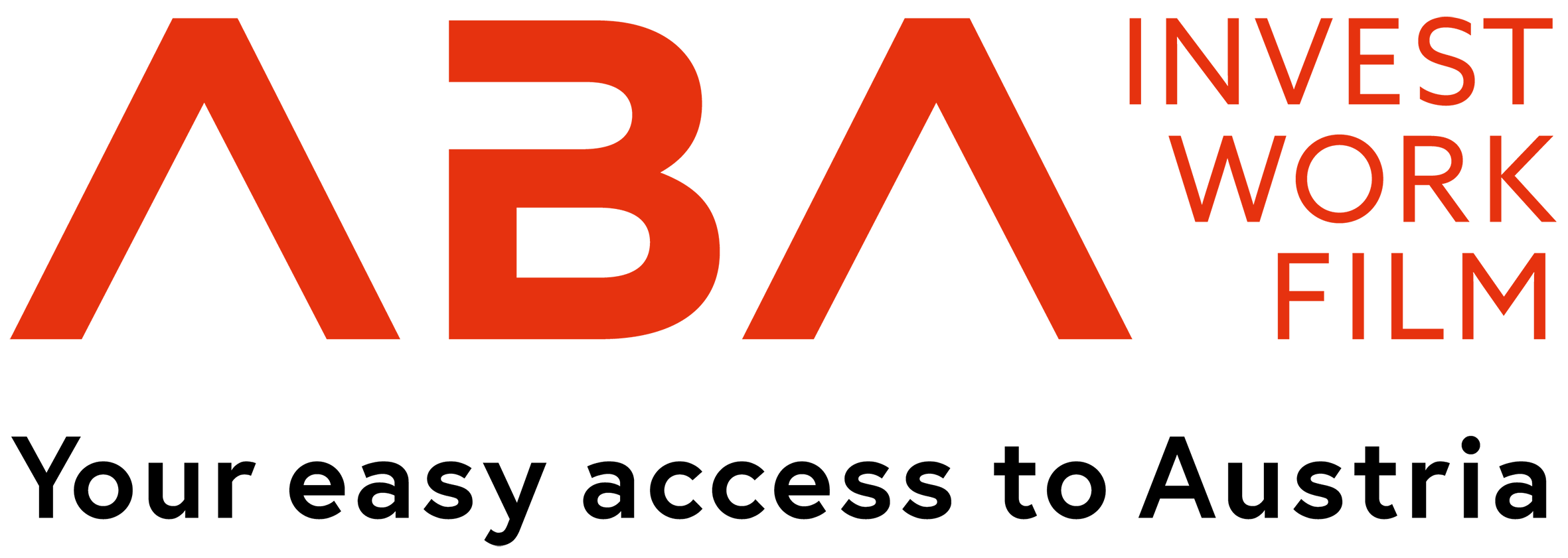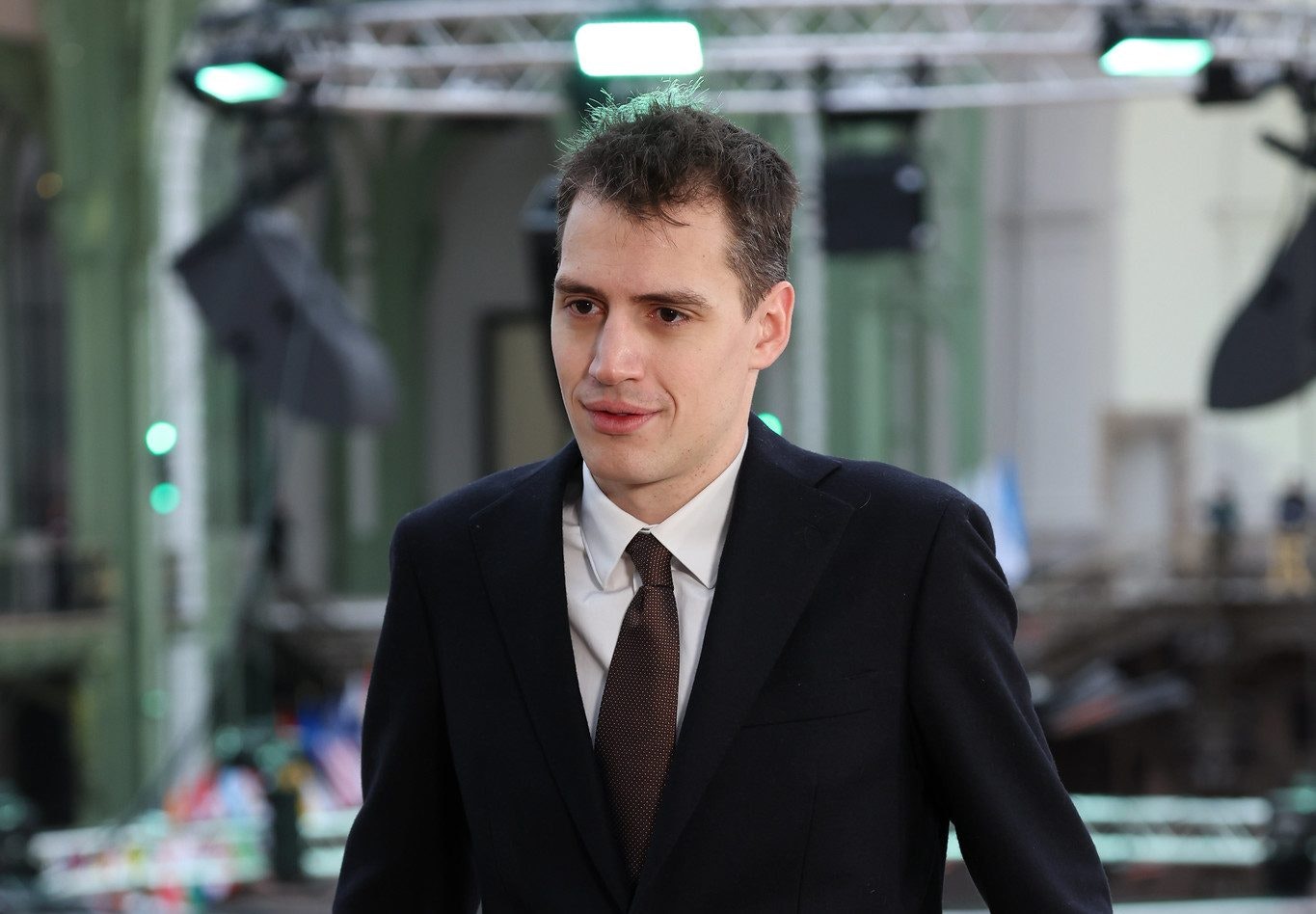The best cities in which to start an AI business often have several factors in common: A well-educated workforce, a strong funding ecosystem, easy connections with other founders — and good weather can help, too.
Favourites such as San Francisco, London and Paris have many of these things, but they’re also some of the most expensive places in the world to live and work. But with technology making it easier than ever to collaborate globally, other countries and cities are becoming increasingly popular among AI startups hunting for the right place.
Here’s why Austria might be moving swiftly up the list.
Top talent
There are several factors contributing to why Austria could be the right base for AI entrepreneurs.
For a start, the country has a long history of AI innovation — the foundational research for speech recognition, for instance, was done by Austria-based professor Sepp Hochreiter. Then, there’s its size — with the population of the capital Vienna clocking in at just over 2m, it’s big enough to feel bustling but small enough that building a strong network feels easy.
We recently hired somebody who was deciding between us and a role in the Bay Area with a salary that was more than double what we were offering. And they chose to work with us in Vienna
Austria’s trump card, though, is its living standards — it regularly scores highly on country-wide rankings, and Vienna has twice been named the world’s best city to live in by the Economist Intelligence Unit’s Global Liveability Index.
“We have a very high quality of life and a relatively low cost of living here,” says Ben James, founder of Atlas, a startup that builds 3D AI technology to create virtual environments.
James says job candidates are increasingly prioritising these things, making it easier for his startup to nab top talent, even when businesses can’t match sky-high salaries: “We recently hired somebody who was deciding between us and a role in the Bay Area with a salary that was more than double what we were offering. And they chose to work with us in Vienna.”
Clemens Wasner founded AI startup enliteAI in 2017 and is also the cofounder of independent think tank AI Austria. He points out that lower costs mean staff can actually save more: for example, residents can use all Viennese transportation for €1 a day.
“Even if the nominal salary is lower, if you take everything under consideration, you’re still able to save more in absolute terms,” says Wasner.
He adds that this contributed to a spike in international candidates for his recent round of hiring. “For the first time ever, we had lots of applicants from the Netherlands, Italy and France. The Netherlands, especially, was surprising for me because they have a very lively ecosystem. But in the interviews, it turned out that real estate prices are skyrocketing there.”
Support and funding
A combination of these low living costs and an increasingly mobile international workforce, as well as Austria’s strong research base and education system, means that recruitment in tech and AI is easier here than in many cities — something that can prove a significant headache for many founders.
“I have been incredibly impressed with Vienna’s ability to attract talent,” says James. “There are a lot of very highly qualified machine learning engineers and AI practitioners here.”
Part of this, Wasner says, is the country’s strong research offer — Austria is home to three highly selective research units called ELLIS Units. But lower demand also helps — there are currently no big Google or Microsoft offices in Vienna driving up demand for AI engineers.
Austria’s funding and tax ecosystems offer further support. In May 2023, the government announced a range of measures to attract and support startups, including simplification of the process for starting a company. By January 2023, corporation tax was reduced from 25 to 24% — and it will be 23% as of 2024.
In addition, James says public funding schemes were better than other markets he considered and offered the company access to equity-free funds (critical for an early-stage company).
Wasner adds that grants in Austria usually come with low barriers to entry, meaning everyone can apply — some other countries prioritise homegrown entrepreneurs. And the government will even fund businesses to pay an expert to map out a public funding roadmap for them, dealing with the form-filling and knowing where to look for the next sources of capital.
“It’s incredibly convenient,” he says.
Business Location Austria — Where innovation moves mountains. Find out more here.




